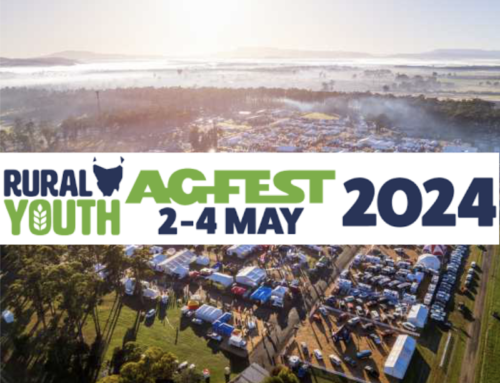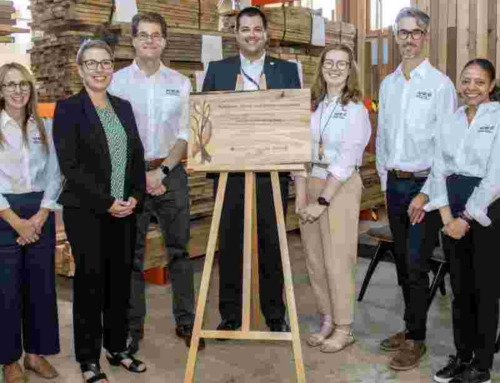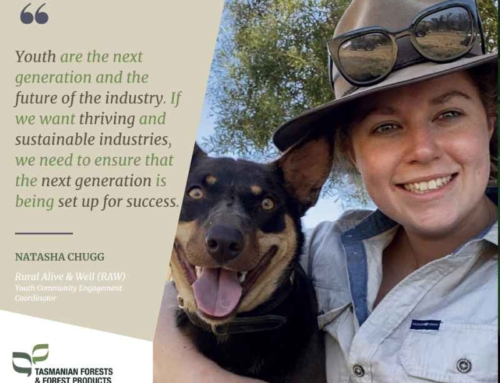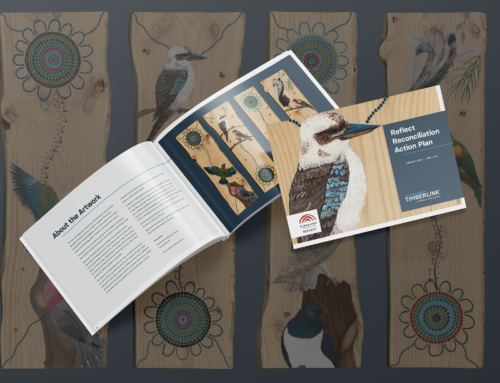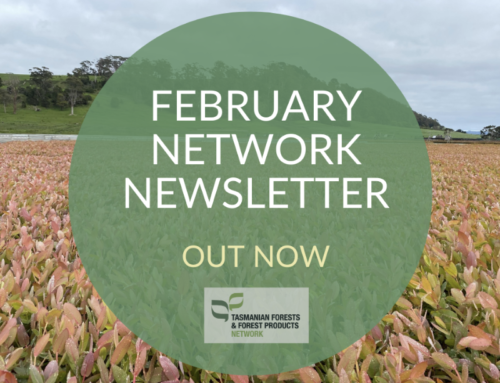Carbon is key to unlocking farm forestry and more trees in the ground
Tasmania Forestry Hub – January 2022
Simon Talbot, General Manager
For more than two years Tasmania’s economy has led the nation; with the CommSec’s State of the States Report for January 2022 reaffirming a booming Tasmanian economy.
Two key areas of sustained growth have a direct impact on the state’s forestry and forest products sector, namely:
-
Record prices for Tasmanian land – particularly prime agriculture. Tasmania now has Australia’s most expensive farming land with NW Tasmania areas regularly selling for over $25,000 a hectare (link HERE); and,
-
Accelerating demand for agricultural products and associated carbon emissions – i.e., from $2.15 billion in 2020 to $10 billion 2050 (link HERE).
Both land prices and agriculture growth are placing increased pressure on standalone forestry investment. Simply put, most nonintegrated forestry investment will struggle to make a viable return against agriculture.
However from these headwinds significant opportunity exists; the ‘Elephant in the Forest’ is that if Tasmanian agriculture grows fourfold, its carbon emissions will put Tasmania well into the red as a net carbon emitter, impacting the state’s aspiration outlined in the Climate Change (State Action) Act 2008.
And it’s not only state policy that will be impacted, the consumer of the future will demand carbon neutral meats/fruits and veggies, so to maintain market access and price premiums the Tasmanian farmer of the future will need to be carbon neutral ahead of their competitors. In fact, the big retailers and processors are already mapping out opportunities ahead of consumer demand.
So it isn’t about agriculture v forestry – the solution is integrated farming (land management) in which the establishment and management of trees on farms is intentional, intensive, interactive and carbon focused.
Tasmanian farmers will continue to be industry leaders – improving production, controlling land degradation, enhancing biodiversity, diversifying income sources and satisfying consumer preferences.
To this end, the Hub and Private Forests Tasmania are collaborating on a Carbon Farm Forest Tool which will enable Tasmanian farmers to broadly measure their impacts and offset opportunities.
We aim to have a demo in market over coming months and hope to start a farm gate conversation that leads to formal field assessments and ultimately more trees in the ground.

